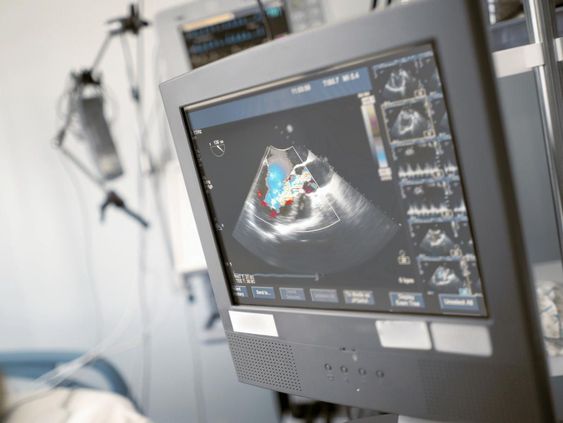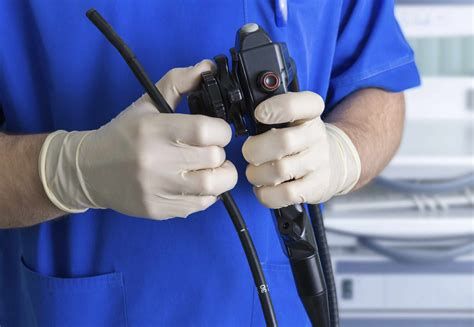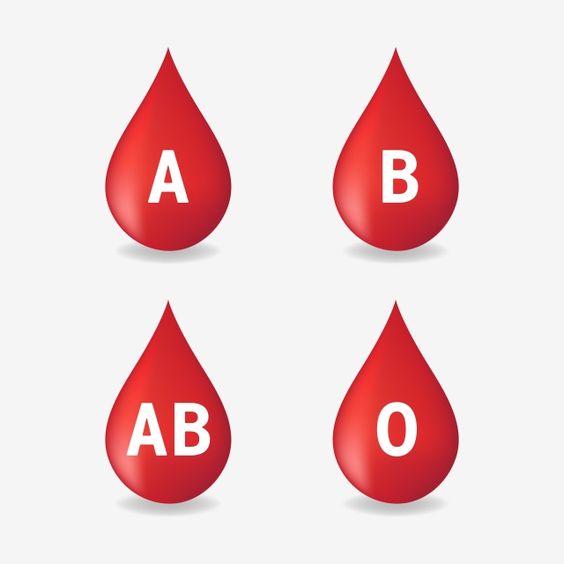What an Echocardiogram Can Tell You About Your Heart
An echocardiogram, often referred to as an echo, is a painless, non-invasive test that uses sound waves to create images of your heart. This test provides your doctor with detailed information about your heart's structure and function, allowing them to diagnose a wide range of heart conditions.

During an echocardiogram, a technician will spread gel on your chest and then use a transducer, a small device that emits and receives sound waves, to capture images of your heart. These sound waves bounce off the structures of your heart, creating echoes that are then converted into moving pictures displayed on a monitor.
Understanding the Information from an Echocardiogram
An echocardiogram can reveal a wealth of information about your heart, including:
Heart Size and Shape:
The echo can show the size of your heart's chambers and the thickness of its walls. This helps your doctor determine if your heart is enlarged or if any chambers are not functioning properly.
Heart Valve Function:
Your heart has four valves that control blood flow. An echocardiogram can show how well your heart valves are opening and closing, revealing any leaks or blockages.
Blood Flow:
The echo can visualize the direction and speed of blood flow through your heart, identifying any areas of restricted or abnormal flow.
Pumping Strength:
An echocardiogram measures your heart's ejection fraction, which is the percentage of blood pumped out of the left ventricle with each heartbeat. This helps assess your heart's overall pumping strength.
Pericardium:
The echo can detect any abnormalities in the pericardium, the sac that surrounds your heart, such as fluid buildup or inflammation.
Types of Echocardiograms
There are various types of echocardiograms, each providing specific information:
- Transthoracic Echocardiogram (TTE): This is the most common type, where the transducer is placed on your chest.
- Transesophageal Echocardiogram (TEE): This involves inserting a specialized transducer down your esophagus to obtain clearer images of your heart.
- Stress Echocardiogram: This combines a standard echocardiogram with exercise or medication to assess your heart's response to stress.
- Doppler Echocardiogram: This uses Doppler technology to measure the speed and direction of blood flow through your heart.
Conclusion
An echocardiogram is a valuable tool for diagnosing and monitoring various heart conditions. This safe and painless procedure provides your doctor with critical information about your heart's health, allowing for early detection and appropriate treatment. If you have any concerns about your heart health, talk to your doctor about whether an echocardiogram may be right for you.





